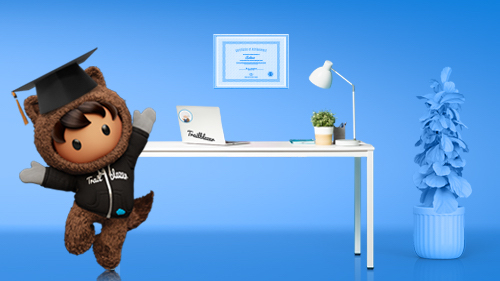
Get your FREE 30-day trial.
Please complete all fields.
“When was the last time you wanted to learn something new?” Our instructor challenged us with this question in a professional development class that I took years ago. In the software industry, technologies and products constantly change. If you want to stay current (and competitive), complacency isn’t a wise option.
But, continual learning isn’t everyone’s bag. At a party a few years ago, our host explained that he left the software industry because he was weary of “trying to keep up.” Instead, he studied and switched careers to become a psychologist and drug counselor. His choice puzzled me, not due to the change in profession, but because every field evolves with new discoveries. For instance, scientists constantly learn more about our brains, and this information can offer important insights into the medical and drug addiction fields. Many fields also have continuing education requirements. I wondered how he’d feel about his new profession in a few years. Would he embrace the benefits that continual learning could offer him, and ultimately, to the clients in his care?
And there are many benefits that continual learning offers us, such as more professional opportunities and a better sense of efficacy over our futures. Moreover, learning can make us happier. How many times have you thought to yourself, “yeah, I should finish that online class or book,” but you didn’t? How did that make you feel? What about when you fully grasp new material that you set out to master and then begin to apply those concepts at your job? With the latter, you probably will feel some pride, right? It’s satisfying to gain knowledge over a previously unfamiliar area.
Flexible learning choices
Life feels busy for most of us, though, so how do we fit in time to read and study? It can be tough to get to a campus at night or even on the weekend. I’ve done it, and you might have as well: you go to classes in the morning, go to work, and then take more classes at night. After a while, you tire of the routine. It’s not a sustainable model for continual learning.
Fortunately, we have many choices in how to consume new material today.
Options to learn more include:
In-person classes at community colleges and universities (still a great choice)
Online courses offered by colleges or private providers
Hard copy or electronic books
Short workshops that can help students jumpstart their understanding of new concepts
In 2018, I used Salesforce’s online learning platform, Trailhead, to learn more about Github and to understand Apex better. (Full disclosure: I also write for Trailhead.) This January, my colleagues and I had the good luck to take an instructor-taught three-day Apex class designed for writers. To support each other in continual learning, two of the engineering teams I work with have a regular time set aside to earn Trailhead badges. We select technical areas that we want to know more about and go for it. And some of the writers at my company use their lunch hours to work on their presentation skills or use free time to complete public speaking courses.
Shrewd time management
Even with flexible choices, you might find that it’s still tough to fit in time to upgrade business skills. There are techniques, where if you only commit to a half hour every couple of days to study or read, you can make progress. When I took a bus to work, a software engineer who rode in at the same time often read a technical book. She used the minutes during the commute to build her skill set. A college professor of mine once suggested using small increments of time, even ten minutes while waiting on a coffee, to fit in extra study time. I’ve used this tip ever since then and the minutes add up.
There are a lot of minutes left in 2019. I plan on learning even more about Apex. I’ll also do a lot of reading. Are you curious about Git and Github, like I was? Or, do you want to assist your users better? What’s one area that you’d like to learn more about this year, and how do you think you’ll do it?
Once you're ready, dig into these resources to start you on the journey of continuous learning.